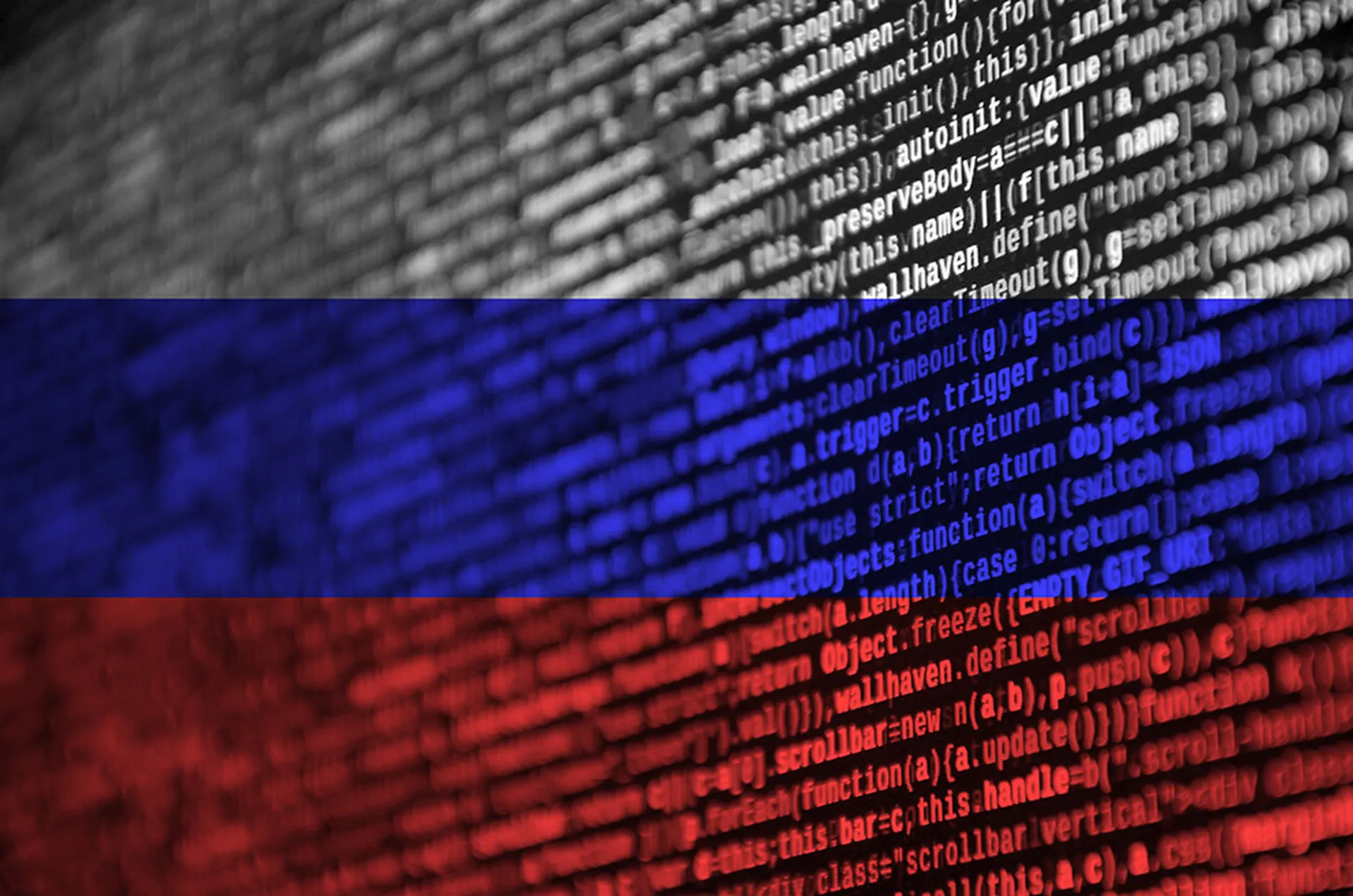The National Security Strategy document released by the Trump administration on Monday calls for the reinforcement of cyber defenses to protect government systems and critical infrastructure, as well as an improved response to attacks against such assets.
One section in the 55-page NSS plan, entitled “Keep America Safe in the Cyber Era,” prioritizes the identification and prioritization of cyber risk across six areas: national security, energy and power, banking and finance, health and safety, communications, and transportation.
“We will assess where cyberattacks could have catastrophic or cascading consequences and prioritize our protective efforts, capabilities, and defenses accordingly,” the NSS plan states.
The NSS specifically places emphasis on fortifying federal information technology to protect data and communications; disrupting malicious actors and deterring them with “swift and costly consequences;” improving information sharing; and deploying layered defenses.
To stop the spread of threats across connected networks and communications, the U.S. government will collaborate with the private sector in order to “remediate known bad activities at the network level,” the plan states. “Malicious activity must be defeated within a network and not be passed on to its destination whenever possible.”
Cybersecurity is referenced again later in the document as a key component in a strategy to preserve global peace through the projection of national strength. To that end, the NSS emphasizes that the U.S. needs to invest in capabilities to improve attribution and incident response; enhance cyber tools and expertise; and improve the integration of disparate authorities and procedures.
The NSS document also acknowledges the malicious actions of rival nations, and criticizes past U.S. attempts to counter these efforts as “tepid and fragmented,” and impeded by lack of sustained focus and a dearth of trained professionals. It notes that China is known to use its cyber capabilities to steal intellectual property, and Russia “uses information operations as part of its offensive cyber efforts to influence public opinion across the globe.”
The document falls short of citing any specific examples of Russian cyber campaigns, such as interference in the 2016 presidential election – something President Trump has frequently downplayed in the wake of his electoral victory. It does, however, state that Russia's influence campaigns “blend covert intelligence operations and false online personas with state-funded media, third-party intermediaries, and paid social media users or ‘trolls.'”
Still, such strong language doesn't necessarily augur a more hardline stance on Russia moving forward. James Clapper, former U.S. director of national intelligence, expressed concern on CNN's "The Lead with Jake Tapper" that Russian President Vladimir Putin is handling Trump, figuratively, like “an asset,” particularly after lavishing Trump with praise over U.S. economy gains and a recent intelligence tip.
Meanwhile, a report from NBC News, citing multiple government officials, states that Trump and his political opponent Hillary Clinton were warned by senior FBI officials in 2016 that foreign adversaries, including Russia, would try to infiltrate their campaigns.



